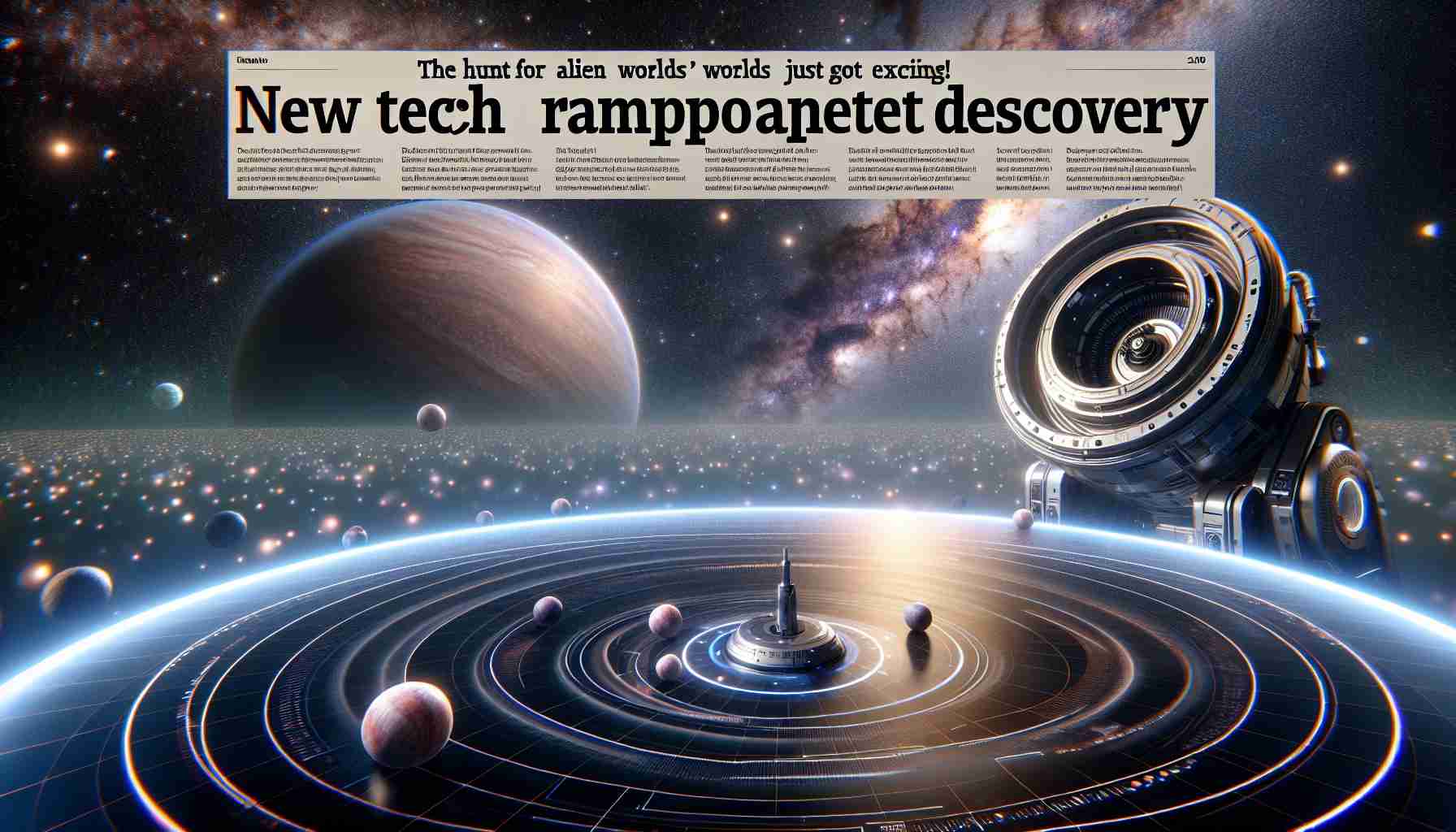In a stunning revelation, the timeline for practical quantum computing is more distant than many anticipated. Jensen Huang, NVIDIA’s CEO, estimates that we could face a wait of 15 to 30 years before we witness a truly functional quantum computer, underscoring the significant hurdles still ahead.
One of the primary challenges is quantum stability. The delicate nature of qubits—quantum bits essential for calculations—makes them vulnerable to environmental fluctuations. Achieving a stable quantum state long enough for intricate computations remains a considerable technological barrier.
Additionally, the quest for scalability poses an urgent need for advancements in cooling and manufacturing technology. Developing error correction mechanisms also presents a formidable challenge, with many still in the early stages of development.
The ramifications of Huang’s insights ripple across the entire IT sector. Companies must rethink their long-term security strategies to address emerging threats posed by quantum computing advancements. This realignment requires investments in infrastructure that can bridge classical and quantum security measures.
The recent decline in stocks of quantum tech companies highlights a shift in market expectations, forcing firms to focus on achievable goals rather than unrealistic benchmarks. For IT managers, this is a moment to cultivate knowledge of quantum principles while preparing for a steady integration into hybrid systems.
Overall, while the quantum revolution is on the horizon, it requires thoughtful preparation and strategic planning—a long-distance run rather than a sprint.
Quantum Computing: A Long-Term Perspective
The promising world of quantum computing is not just a technological marvel but also a paradigm shift that could reshape society and culture in profound ways. As industries invest in quantum technologies, the disparities between those with access to such computing power and those without may widen, potentially resulting in a digital divide that mirrors existing inequalities in education, healthcare, and economic opportunity.
On a broader scale, the implications for the global economy are multifaceted. If quantum computing can eventually deliver on its potential, industries such as finance, pharmaceuticals, and logistics could experience exponential growth in efficiency and innovation. However, the anticipated delays, as highlighted by Huang, force companies to recalibrate expectations and devise incremental strategies that blend classical computing with emerging quantum technologies.
Environmental considerations also play a pivotal role. The energy consumption inherent in maintaining quantum states—for instance, through advanced cooling systems—presents a significant environmental footprint. Hence, researchers are pushed to prioritize sustainable solutions that minimize ecological impact while striving for technological breakthroughs.
In the realm of future trends, we may see universities and industries ramping up investments in quantum literacy programs, ensuring a workforce equipped to handle forthcoming complexities. Long-term significance lies in the evolution of privacy and data security; proactive measures must be established to safeguard against the quantum threats of tomorrow. As we forge ahead, it’s crucial to recognize that the road to quantum practicality will be defined by persistent challenges, thoughtful innovations, and a collective societal commitment to a more equitable technological future.
Is Quantum Computing 30 Years Away? A Deep Dive into the Realities of Quantum Technology
# The Future of Quantum Computing: Challenges and Insights
Recent statements from Jensen Huang, CEO of NVIDIA, have stirred significant discussions about the timeline for practical quantum computing. Huang suggests that the arrival of a fully functional quantum computer may still be 15 to 30 years away, a revelation that sheds light on the complex challenges the industry faces.
## Key Challenges in Quantum Computing
Quantum Stability
One of the most significant obstacles is quantum stability. Qubits, the fundamental units of quantum information, are particularly sensitive to their surroundings. This sensitivity poses a challenge in maintaining a stable quantum state long enough to perform complex calculations. Without breakthroughs in stabilizing qubits against environmental noise, achieving reliable quantum computing will remain a distant goal.
Scalability and Error Correction
The drive for scalability in quantum computing is paramount. Current technologies need advancements in both cooling mechanisms and manufacturing processes to support an increased number of qubits. Furthermore, the development of robust error correction mechanisms is essential. Many existing error correction techniques are still in nascent stages, and enhancing these could be a game changer in making quantum computing practical.
## Implications for Information Technology
The implications of Huang’s views are profound for the IT sector. Companies are now prompted to reassess their long-term security strategies in light of potential quantum advancements. This realignment will necessitate significant investments to develop infrastructures capable of bridging classical and quantum security protocols.
Market Shifts
The recent downturn in stocks for quantum technology firms indicates a reformation in market expectations. Companies are increasingly focusing on achievable milestones rather than pursuing overly ambitious targets. This shift encourages a more pragmatic approach to quantum technology development.
## Preparing for the Quantum Era
For IT managers, Huang’s insights present a crucial opportunity to broaden their understanding of quantum principles while strategizing for the gradual integration of quantum systems.
Strategies for Integration
1. Education and Training: IT professionals should engage in continuous learning programs related to quantum computing fundamentals.
2. Hybrid Systems Development: Initiatives should be undertaken to develop systems that can operate both quantum and classical technologies, ensuring a smoother transition.
3. Investment in Research: Firm investments in research can aid in overcoming the barriers of stability, scalability, and error correction.
## Conclusion: A Long-Term Perspective
The narrative surrounding quantum computing is not one of an immediate revolution but rather a long-term evolution. The necessity for careful planning and preparation underscores that while the quantum revolution might be on the horizon, reaching that destination will require time, innovation, and strategic foresight.
For more insights on quantum advancements and technology, visit NVIDIA’s official site.
















